You’ve cleared off your debt. What now? Life after debt management plan requires careful planning to ensure you don’t end up where you started. Cashfloat.

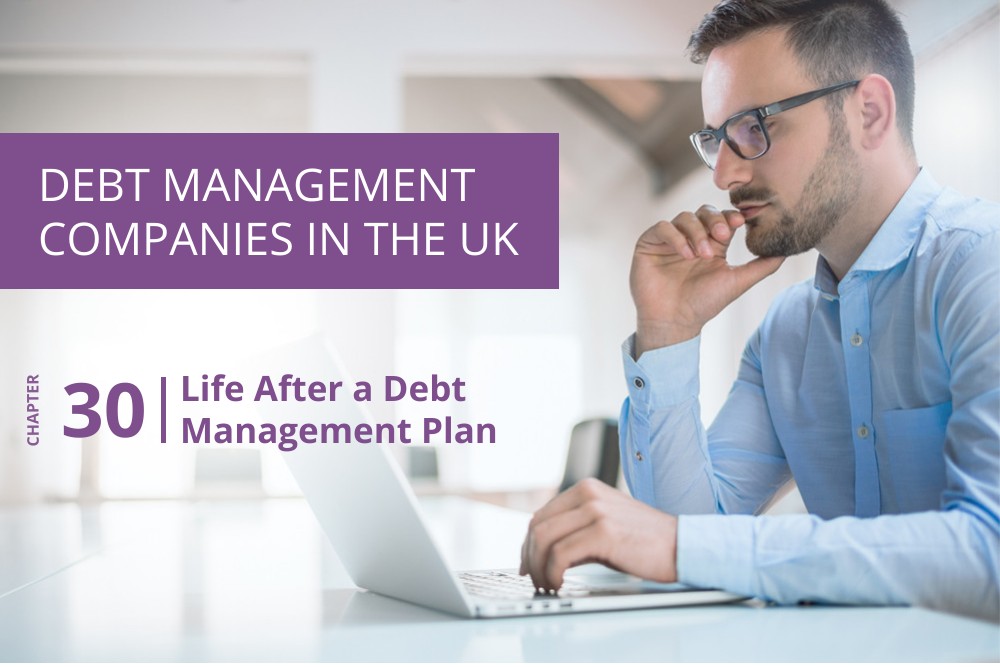
- Your credit score will slowly improve after finishing your DMP
- It’s a good idea to put aside some money each month to build up an emergency fund
Cashfloat is a responsible UK payday loan lender offering flexible and affordable credit. Our aim is to help as many people as we can to manage their finances effectively. To achieve this, we publish this blog which is full of advice about money management.
This article is part of our guide to debt management plans and discusses what happens after a debt management plan has finished.
Life After a Debt Management Plan
Most debt management plans (DMPs)run for between five and ten years, although some last for even longer. When you finally make your last payment, you will be free from your life of debt. Having spent years budgeting and being careful about your spending, you should expect to feel a sense of relief and accomplishment. This is a time to congratulate yourself for all of the hard work you have done to pay off your debts.
The biggest benefit to finishing a DMP is that the money you were paying into your DMP will now be yours to keep. Make sure that you take some time to enjoy this fact and to allow yourself to relax in your new financial freedom.
While finishing a DMP is something to be happy about, there are questions that people have about what will happen after they have finished. Many wonder how long it will take for their credit rating to improve and many also wonder how they can manage their finances more effectively in future. While your credit rating will be damaged, having been on a DMP, it will improve over time. Also, having spare money and no debts to pay will allow you to better manage your finances. With the right approach, you will be able to have a more stable financial future.


Having Spare Money
As soon as you make your last payment into your debt management plan, you will be free from the debts which were covered by it. Those monthly payments will now be yours to keep and this is the thing to be most happy about.
Take Some Time to Relax
Living to a budget so that you can pay into a debt management plan is hard work and most people do this over a number of years. When you have finally finished your DMP, make sure that you take some time to relax. While this is not a time to spend large amounts of money again, it is a time when you can relax and enjoy your new financial freedom.
Build Up an Emergency Fund
One good idea, after you have finished a DMP, is to build up an emergency fund. You should have had some emergency money available while your DMP was in place. However, it may have become depleted or you might want to build an even larger fund. Having an emergency fund is a great way to stop debt from recurring. It is a good idea to slowly start putting some of your spare money away. The amount that you should save will depend on your circumstances. That said, most people aim to save at least three month’s worth of expenses. Many suggest that it is safer to have six month’s worth of expenses in an emergency fund.
While it may be an unattractive idea, particularly after you have just finished a DMP, building up an emergency fund will help you to be more financially secure. You will be less likely to get into debt again if you have an emergency fund.

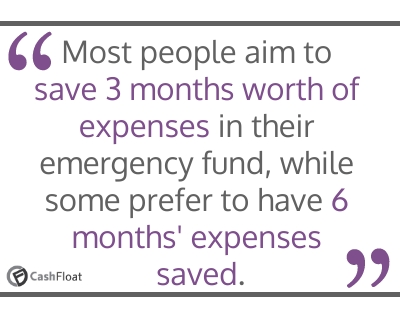
Your Financial Future After a Debt Management Plan
Now that you are free from problem debt, you will be able to plan your finances more effectively. This will help you to build a more stable financial future. Here are a few suggestions about what to do.
Repair Your Credit Rating
One of the things that most concerns people after they have finished a debt management plan is how long it will take for them to repair their credit rating. It will take time, but after you have finished a DMP you will be able to begin the process of repairing your credit rating.
How Long Will it Take For Your Credit Rating to Improve
It is unlikely that you will see any significant improvement in your credit rating immediately after your DMP has finished. You will have to slowly rebuild it over time. The more effectively you manage your finances the more quickly it will improve.
Debts which were covered by your DMP will have been recorded in your credit file. Your creditors will normally have marked them as either ‘defaulted’ or as having had a ‘payment arrangement’. Debts which were defaulted will disappear from your credit file six years after the date they were defaulted. Some of these debts may already have disappeared from your credit file when you finish your DMP. Debts which were marked as having a payment arrangement will disappear six years after you make your final payment and settle the account. This is usually six years after you finish your DMP. While they will still be on your credit file, they should be marked as settled.


Either way, the best thing to do is to find out what your credit score is and slowly work to improve it. The three main credit reference agencies in the UK are Experian, Equifax and Transunion. They will often provide credit scores for free or you can sign up to a subscription. They also have to provide you with a statutory credit report for free if you request it. While this won’t show your credit score, it will give you important information about what is in your credit file.
There is no way around the fact that you will have to slowly rebuild your credit rating over time.
How Do I Improve My Credit Rating?
Here are some things you can do to help your credit score to improve:
- Check your credit file – It is important to go through your credit file and check for inaccuracies. Mistakes made in your credit file can harm your credit score. If you find any mistakes, make sure that you contact the relevant organisation and get them to correct the error.
- Register on the electoral roll – Registering on the electoral roll helps credit reference agencies to confirm your details and improves your credit score. The government’s register to vote service allows you to register online. The process is very simple and you can do this straight away.
- Pay your bills on time – This is the most important thing that you can do to improve your credit score. Paying bills on time will demonstrate to lenders that you are a responsible borrower and will be the most important thing in improving your credit score.
- Check who you are financially linked with – If you have taken out any joint financial products with anyone, their credit score will affect yours. Check that you are not financially linked to anyone with a poor credit history. If you are, try to become financially separated.
As well as the above ways of improving your credit score, there are further things that you can do. Have a look at this article on MoneySavingExpert.com for more ideas.

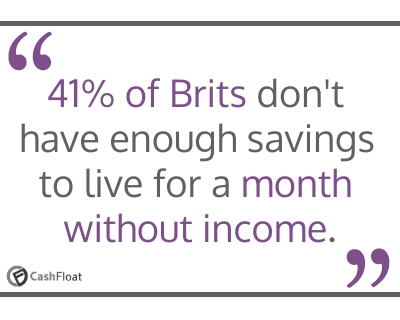
Live Within Your Means
Now that you are free from debt, it is important to remember to live within your means. Don’t risk getting into debt again by spending more than you have. While debt is not always caused by recklessness in the first place, it is important to make sure you have safe spending habits. One great piece of advice is to budget yourself. MoneySavingExpert have some advice on how to budget yourself here.
Think About Your Pension
Most of us, nowadays, have workplace pensions and many people have personal pensions. If you were unable to pay as much as you would have liked into your pension, while your DMP was in place, you may now be able to make larger contributions towards it. It may be a good idea to allocate a proportion of your spare money towards a regular contribution to your pension.
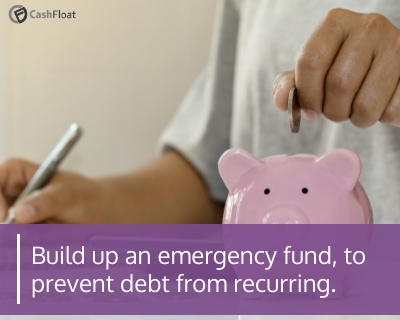
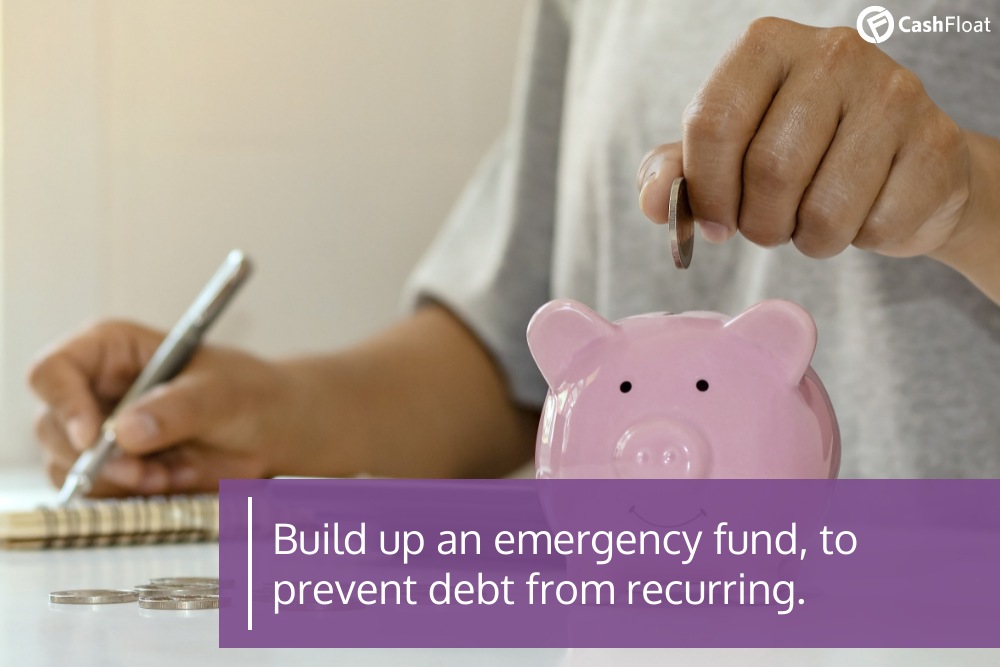
Consider Starting a Savings Account
It may also be a good idea to start a savings account. Money kept in a savings account will be kept safe and will grow in value. Unlike an emergency fund, which you will need to be able to access quickly, saving money in a savings account will help you to invest in the future. Savings accounts can be used for a variety of purposes. Perhaps you want to save for a deposit for a mortgage or you want to build up some money that your children could use later in life. It is a good idea to think about what you might want to save for in future and consider starting a savings account.
Using Credit in the Future
Many people wonder what it will be like for them when they try to access credit in the future or whether it is even a good idea to do so.
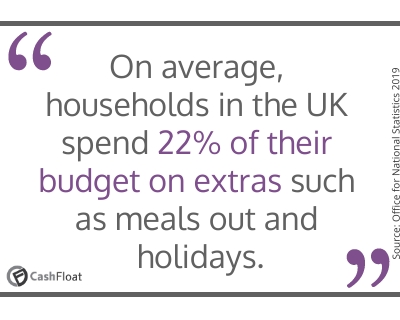

The important thing about using credit is that it needs to be done responsibly. You should only borrow money that you are sure you can pay back. Having already been on a debt management plan, it would be a great shame to fall into problem debt again. As such, you should only borrow money if you are absolutely sure that you are in control of the situation.
Can You Get a Mortgage?
People who would like to buy a home often wonder what their chances of getting a mortgage are after they have been on a debt management plan. The good news is that it is absolutely possible to get a mortgage after you have been on a debt management plan. While it is possible to get a mortgage, it is worth noting that your borrowing options will be limited if your credit rating is poor. It is likely that you will be offered a smaller mortgage and a higher rate of interest. This will limit your buying power and make your mortgage more expensive overall.
If you would like to start a mortgage, it is worth paying close attention to your credit rating. For many people, it will be a good idea for them to wait until their credit rating has improved before they apply for a mortgage. It may also be a good idea to use a mortgage broker when they apply and to look for mortgage providers who are more likely to accept them.
In Summary…
Finishing a debt management plan is a major achievement and is something to be proud of. It is important to congratulate yourself for finishing your DMP and to take some time to relax. While it is an achievement and something to be happy about, finishing a DMP is also a time to make sure that you build a more stable financial future. Good planning and good money management will help you to set yourself on track and to plan how you spend your money.
One of the things that most concerns people when they finish a debt management plan is how long it will take for their credit rating to improve. When it comes to your credit rating, there is no avoiding the fact that you will have to slowly rebuild it over time. The good news is that, if you manage your situation effectively, your credit score will improve and you will have better financial options in future.


